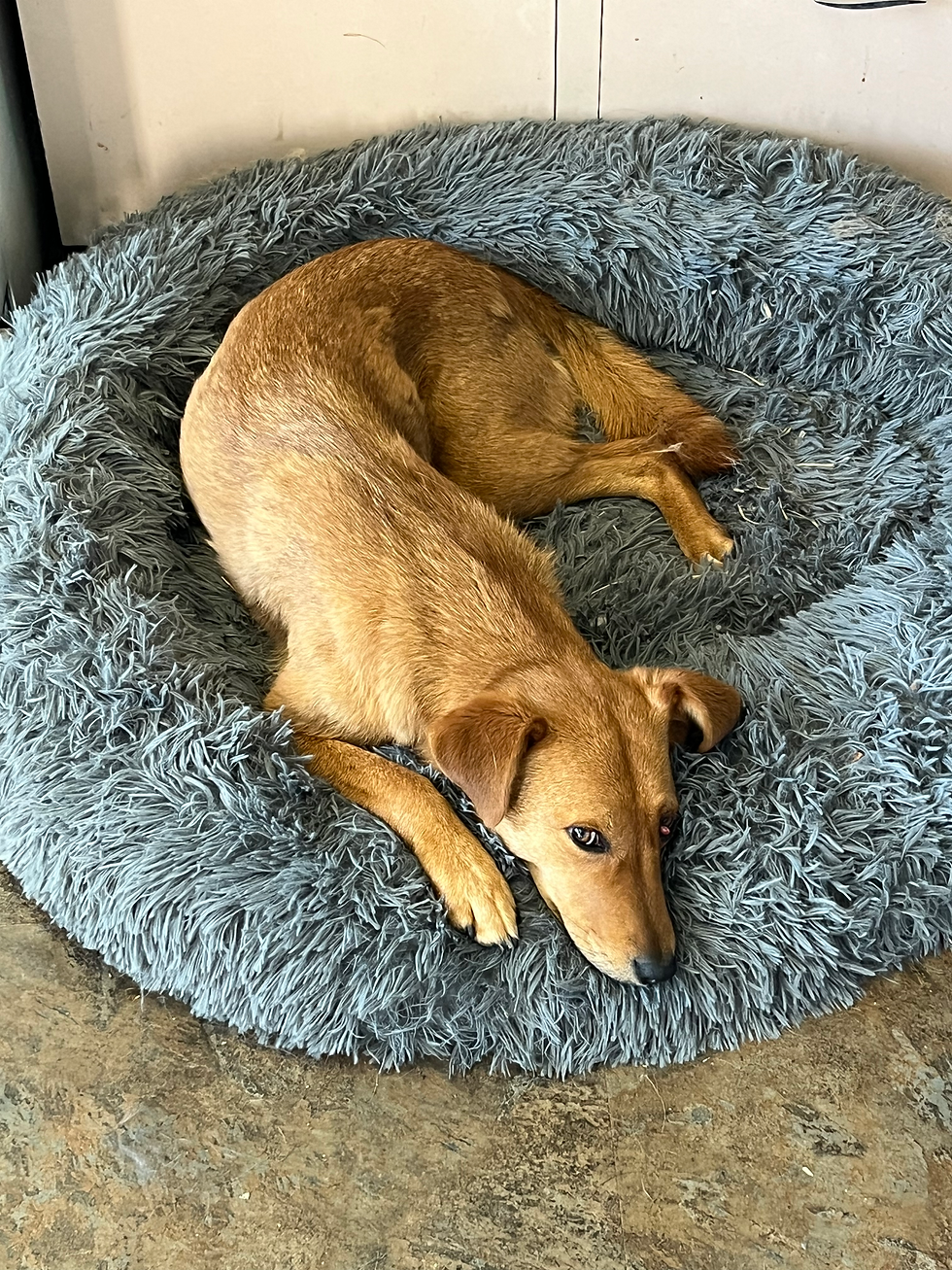When Freeze Meets Hypervigilance: How Attachment and Core Patterns Collide
- mrglhic
- May 18
- 3 min read

One shuts down. The other chases. One disappears. The other panics. This piece explores what happens when two nervous systems—each shaped by survival—try to love each other, and how real safety begins with regulation, not rescue.
Some relationships don’t fall apart because of a lack of love. They fall apart because of a mismatch in nervous systems.
One person goes still. The other gets louder. One disappears. The other chases. And both walk away feeling wounded.
This is what happens when core withdrawal (freeze) meets hypervigilance (fight or flight). It doesn’t just create tension—it creates a loop of pursuit and collapse, where neither person feels safe, seen, or understood.
Freeze Looks Like Disconnection
When someone is in freeze, they aren’t calm. They’re overwhelmed. They’re shut down. Their body has gone offline.
They may look quiet or even peaceful, but what’s really happening is that their system has pulled inward to survive. There’s no capacity for engagement. No access to expression. No felt sense of presence.
And for the other person in the relationship, this feels like abandonment.
Hypervigilance Looks Like Neediness or Intensity—But It’s Actually Fear
The hypervigilant partner isn’t trying to control. They’re trying to reconnect.
When their cues for connection go unanswered, they escalate—not because they’re unreasonable, but because their nervous system reads the silence as danger.
They may raise their voice, ask again and again, spiral into frustration or anxiety. But beneath all of it is the same question: “Are you still here? Do I still matter?”
And Then the Cycle Deepens
The more the freeze partner withdraws, the more the hypervigilant partner pursues. The more the hypervigilant partner pursues, the more the freeze partner collapses.
Each person is reacting to the other’s nervous system—not their intentions, not their love, not their words.
And eventually, the relationship becomes defined by this loop:
One person is always “too much.”
The other is always “too distant.”
Both feel like failures.
Both feel alone.
This is not about character. This is about nervous systems.
If you’ve been in this pattern, it doesn’t mean you’re broken. It means you’re carrying something ancient. Something protective. Something learned long before this relationship began.
For some, freeze was the only way to stay safe growing up—by going still, staying quiet, not being a burden.For others, hypervigilance was the only way to stay connected—by scanning for cues, fixing problems, never letting anyone drift too far.
You weren’t wrong for developing those patterns. But when they meet in partnership, they hurt.
Sometimes, the most loving thing you can do is walk away from the pattern—even if it means walking away from the person.
You can love someone and still recognize that the loop you’re in is harming you both. You can have compassion for their shutdown while choosing to stop absorbing the impact. You can honor your longing for closeness without chasing someone who can’t meet you.
And maybe—for both of you—healing begins after the loop ends.
Real Connection Requires Regulation
To feel safe in a relationship, you first have to feel safe in your body.That means learning to recognize your own cues:
When do I shut down?
When do I start chasing?
What do I need before I can respond instead of react?
It’s not about fixing each other.It’s about learning how to stay with yourself—so you can meet others from a place of grounded presence, not survival.
Love isn’t enough if your nervous system doesn’t feel safe.But when safety returns, love has somewhere to land.


